Please click on the heading below to see more information on each topic:
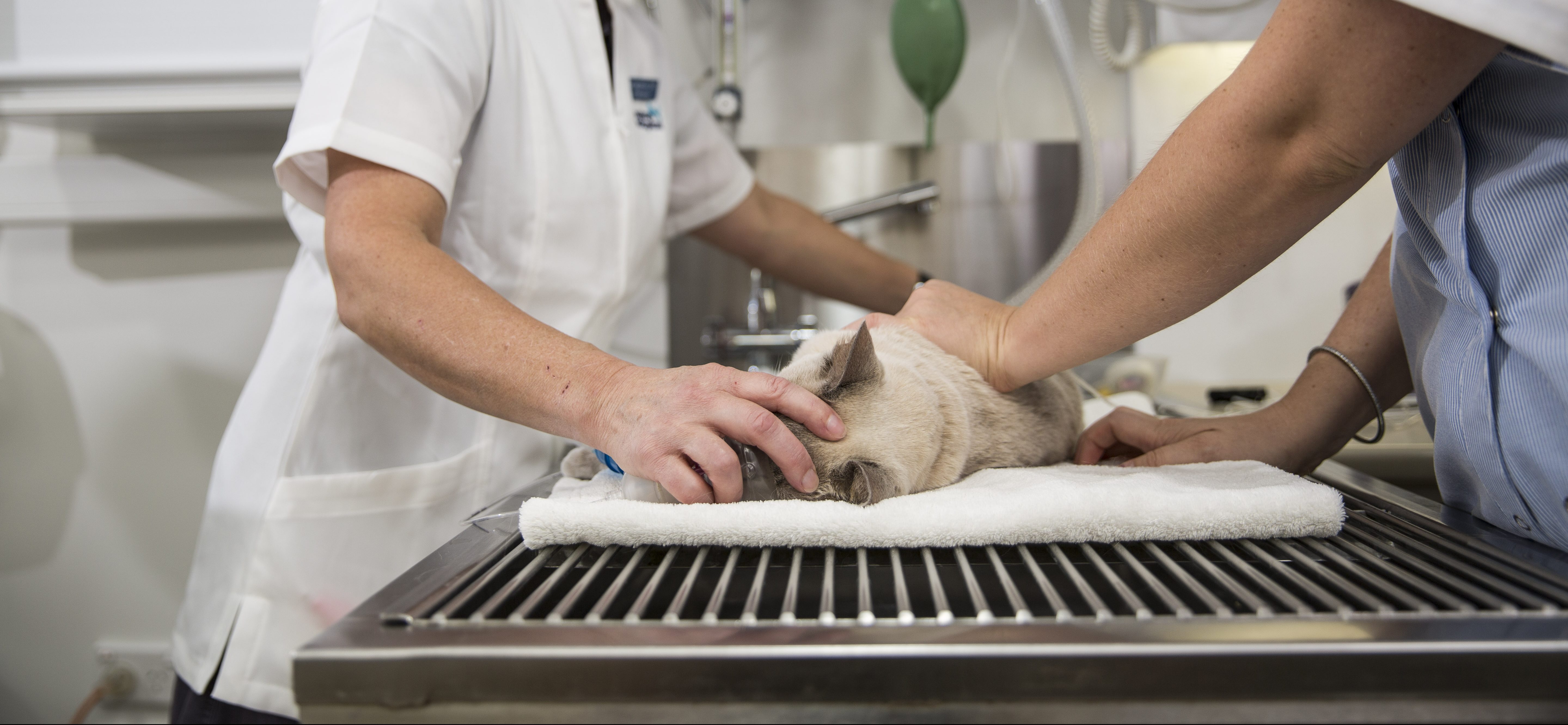
Anaesthetics: We do many procedures under general anaesthetic (GA) in veterinary practice. Things that can be done under local anaesthetic or without any sort of sedation at all in human practice are not feasible in animals without a GA. For example, radiographs and dental work require the patient to be absolutely still for a period of time, and although cats are perfectly capable of remaining motionless for extended periods, it is not usually when we want them to! A cat that needs to have a GA will need to be fasted for up to 12 hours beforehand- we usually recommend that your cat have its dinner the night before, then at approximately 9pm all food is removed (but ensure fresh water is available at all times). Your cat should be confined entirely indoors until their appointment the following morning. At the appointment, the vet will check Puss over, and discuss the procedure with you. You will need to read and sign an Anaesthetic Consent Form.
The initial sedation is administered by an injection, then for all but the briefest procedures your cat will have a tube placed in the trachea (windpipe) for the rest of the GA. There will a number of monitors placed to ensure the GA is as safe as possible. One of our veterinary nurses will be monitoring the GA at all times, taking measurements of many parameters (for example breathing rate, blood pressure and oxygen saturation), and filling in the anaesthetic record regularly. This allows a safe, easily monitored and smooth anaesthetic. In many patients it is recommended to have a Pre-Anaesthetic Screen (PAS) before the GA (see Blood Tests), and it is usually advisable to have intravenous fluids (a ‘drip’) for all but the shortest surgeries, as it is in humans.
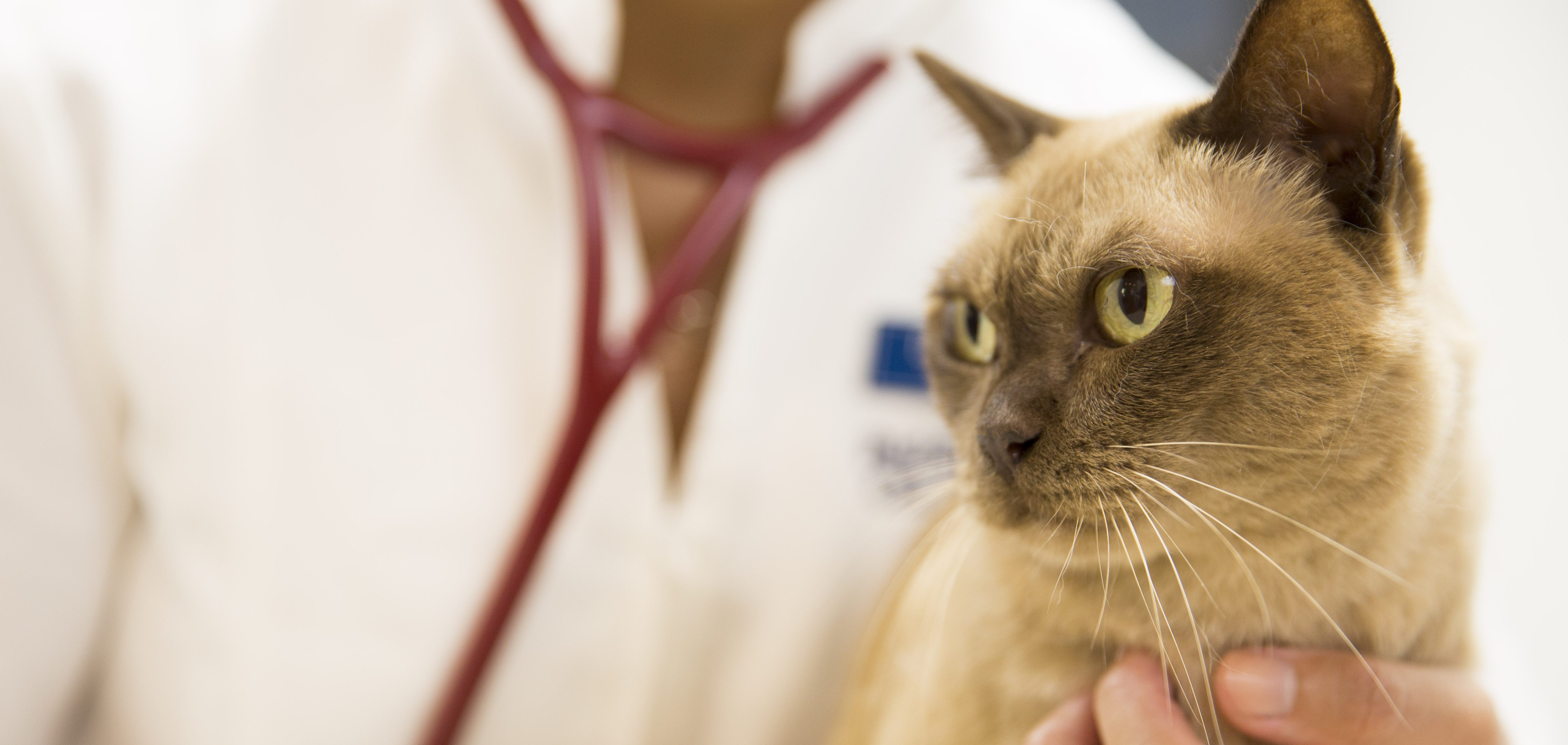
Sometimes, cats have heart problems that need to be looked into, in order to be able to determine what the problem is and what we can do about it. Often the first time we are aware something is amiss is when the vet hears a murmur or rhythm abnormality when we listen to the heart with a stethoscope during a routine consultation. Often blood tests are done to rule out common causes of heart abnormalities, and if these are normal, then we can recommend a specific work-up. Most ‘cardiac work-ups’ include an ultrasound of the heart (a specialised procedure, particularly in cats), and xrays of the chest.
We have access to some highly qualified specialists who come to us at the Cat Hospital to reduce any stress and inconvenience to you and your cat. We work as a team to determine the diagnosis, prognosis and best treatment options, as well as plan ongoing check-ups.
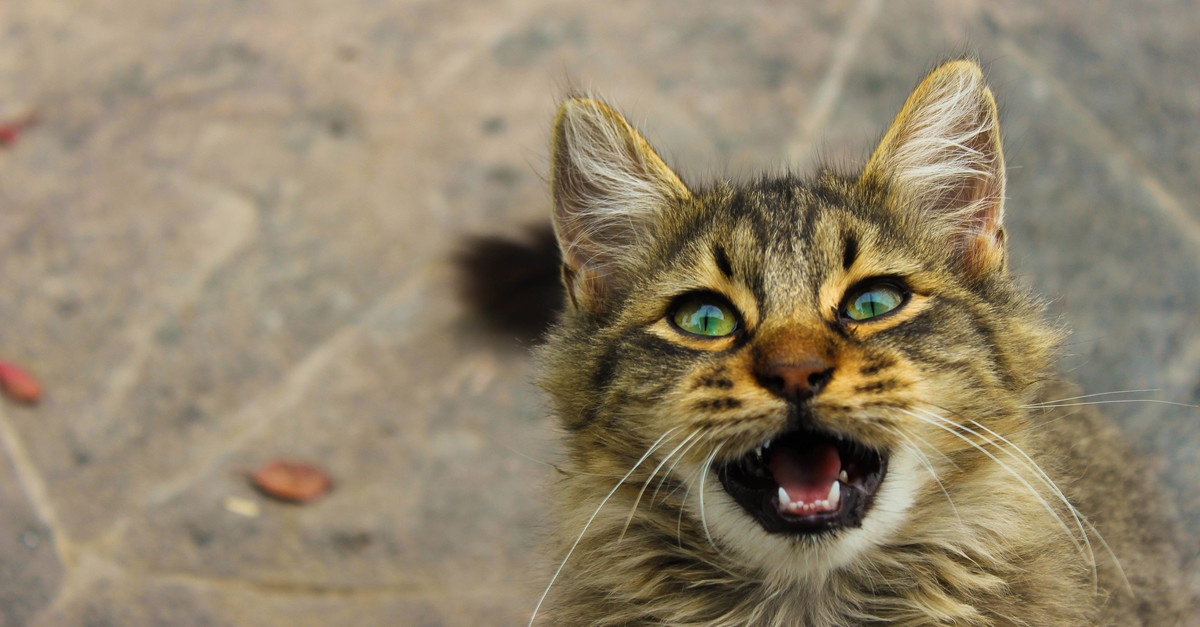
Our ‘dentist hat’ is one we need to put on almost every day, as animals frequently need their teeth attended to. Unless teeth are cleaned daily there will almost inevitably be some plaque build-up on teeth and gum inflammation, and even with the best of home care there can be problems developing (just like in people! WE still need our regular dental appointments despite twice daily cleaning and occasional flossing). Cats get a particular type of tooth lesion called tooth resorption, affecting up to two thirds of cats and this is often painful. Cats tend to hide signs of illness and pain and can have quite dramatic dental disease without the owner having any idea there is something wrong- a very good reason for their annual check-ups!
Sometimes the procedure is a simple clean, although we not uncommonly need to extract some teeth, as well. We will always save teeth if we can, but unfortunately cats can’t really get fillings! We first take dental radiographs which are critical for evaluating the teeth below the gumline and other hidden issues. We then assess each tooth and decide if they are healthy or need to be removed. Affected teeth are extracted, and again the xrays are indispensable in informing whether we have removed all of the tooth including the roots. The healthy teeth are scaled with an ultrasonic scaler to remove all tartar on the teeth and under the gumline then polished with fine tooth polish to smooth the surface and delay the tartar reforming. A healthy mouth is essential for general health and comfort, and it’s not uncommon for our clients to tell us how much better and happier their cat is after having dental work done. As you can imagine, cats just won’t allow dental work without an anaesthetic, and it is therefore a day procedure.

Skin problems are one of the most frequent reasons for a visit to the vet. Many are associated with allergies, but there are a wide variety of causes. Many cases can be managed at a routine consultation (and often with some ongoing care at home). Some more complicated skin conditions require a skin biopsy so we can get a definite diagnosis, and some cases need to be referred to a dedicated veterinary dermatologist.
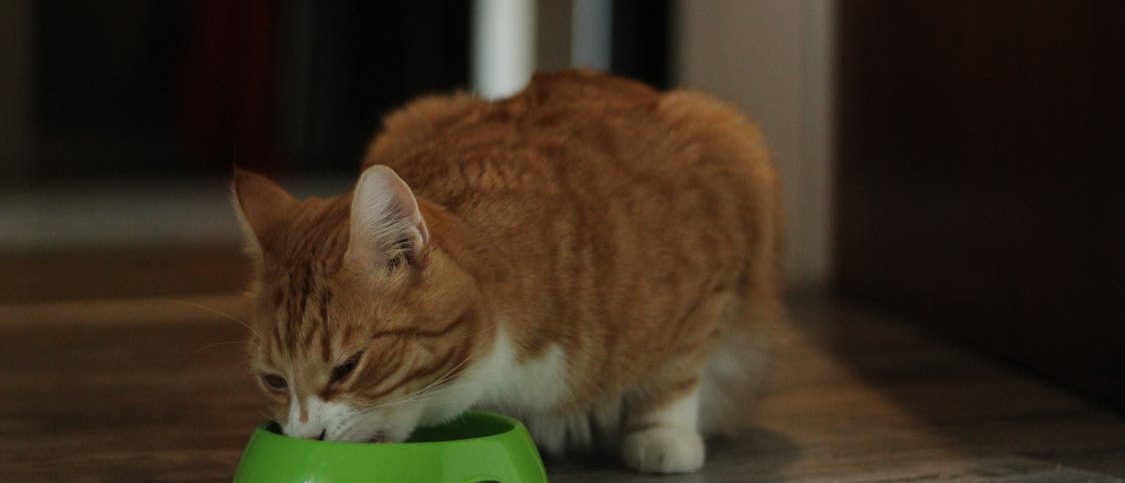
Your cat’s diet is discussed at most visits- there is a lot of confusing and conflicting information around regarding diet (for both cats and humans!) and we can help you work out the best diet plan for your cat. Some cats are not very good at regulating their own food intake and can put on too much weight, others may have the opposite problem. We can help with advice and monitoring of your cat’s diet.
Special dietary needs are usually discussed in conjunction with particular conditions, for example diabetes or kidney disease.
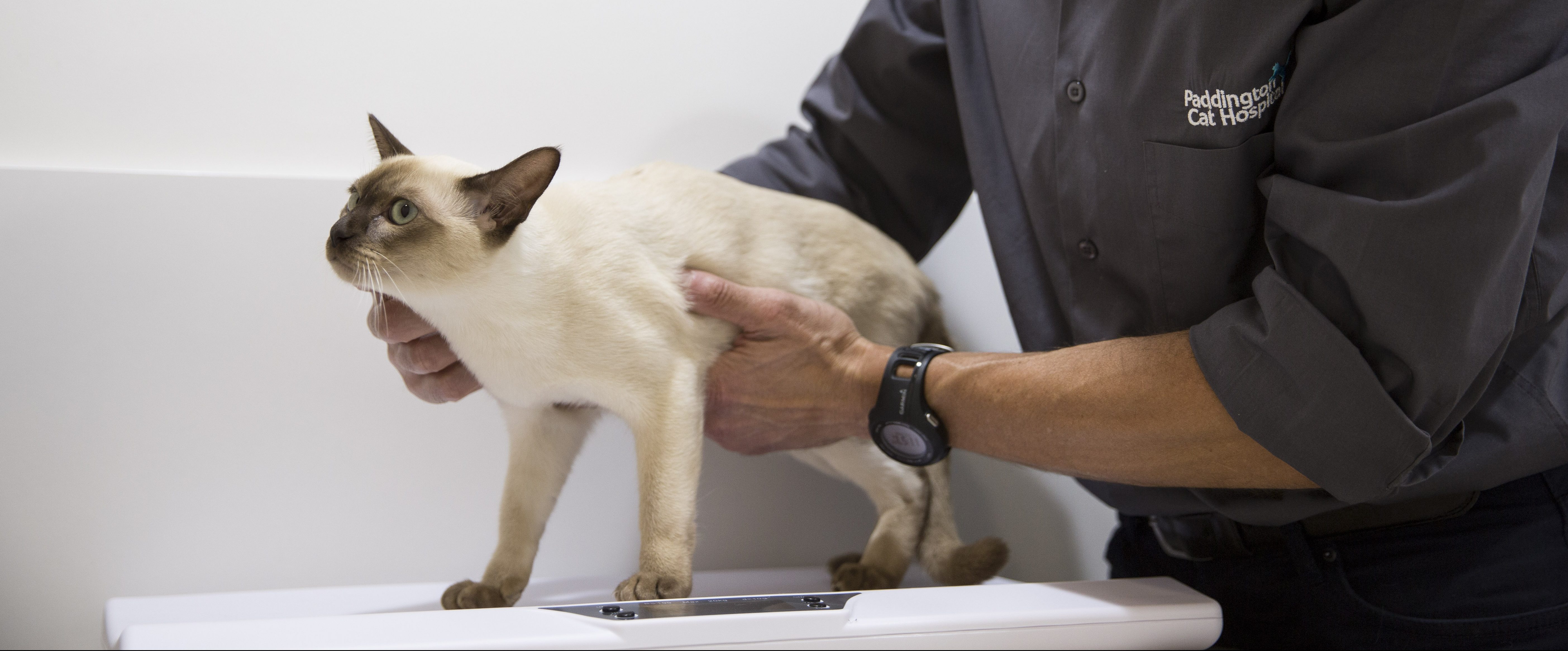
Emergencies include breathing difficulties, collapse, profuse bleeding and difficulty urinating. For these situations or other emergencies, call us right away- we will do our utmost to help you. If it is not during our regular hours, please contact the After Hours Services we refer to. The emergency vets will be in contact with us during normal hours to update us and we work together to provide the best solution for ongoing care. There are very few regular practices that are able to be staffed 24 hours with veterinarians and nurses with particular skills for emergency medicine.
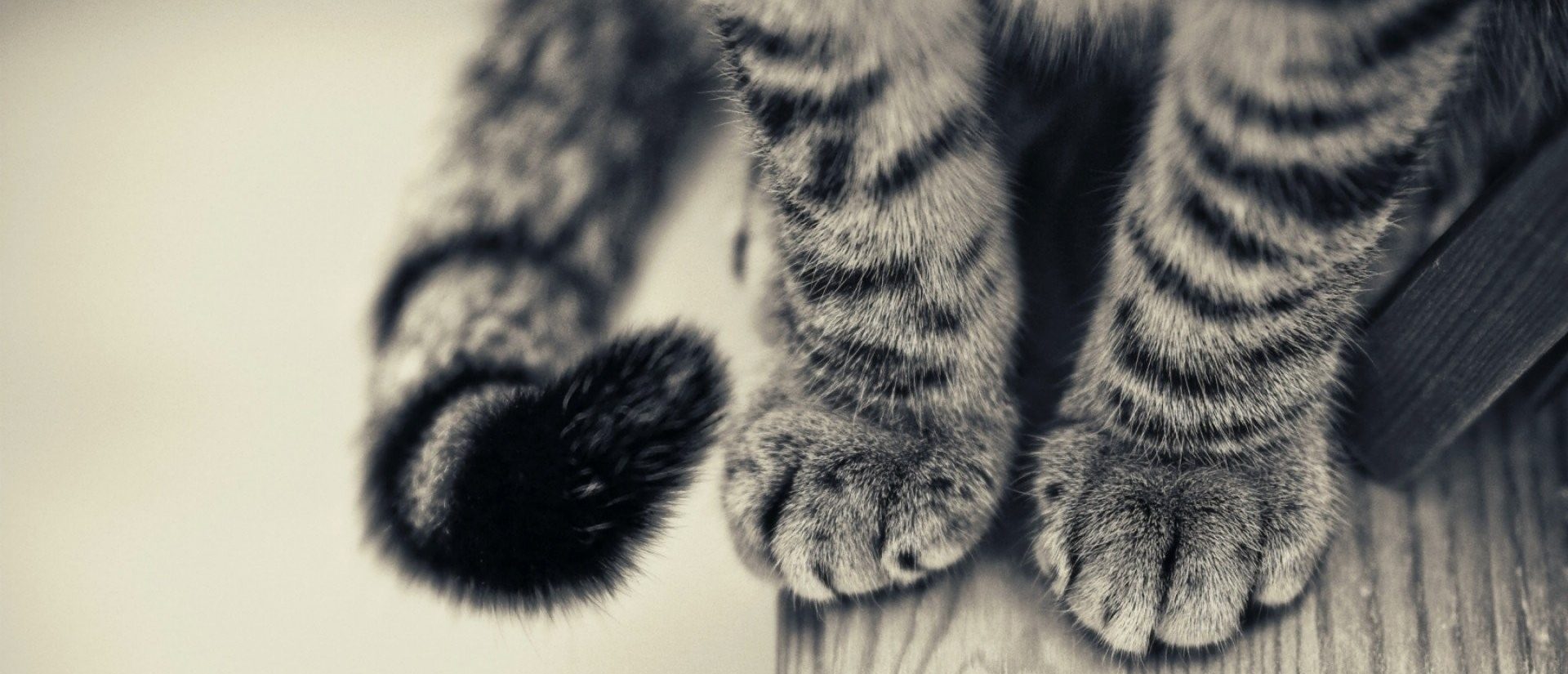
Endocrine diseases (diseases associated with hormones) are common in cats, particularly our more senior patients. The two most common conditions are Hyperthyroidism (an overactive thyroid gland) and Diabetes Mellitus (‘sugar diabetes’), both of which are treatable. We have extensive experience in diagnosis and treatment of these and other hormone abnormalities.
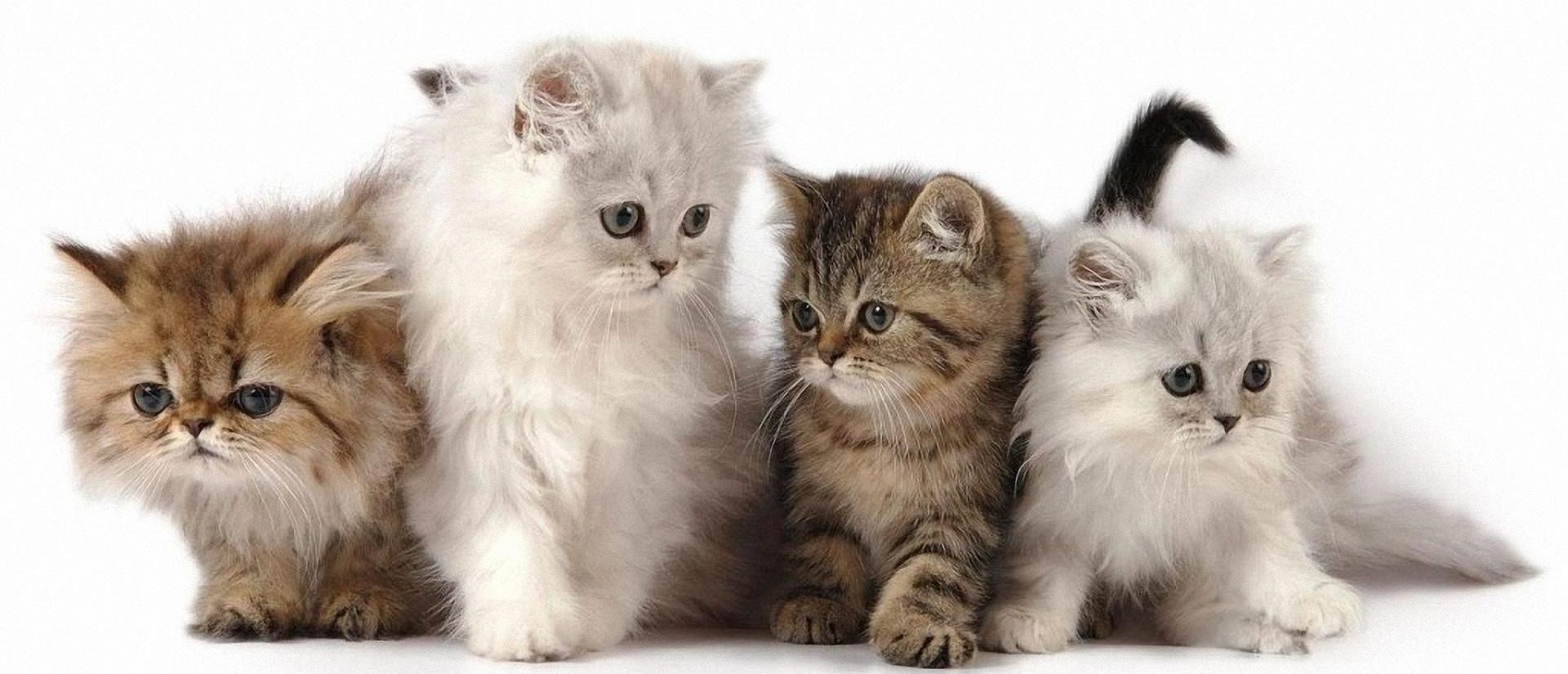
Epidemiology is the study of disease patterns- how common a particular disease is, what age ranges is it likely to affect, and are particular breeds predisposed to particular diseases? For example, did you know that the approximate incidence of diabetes is 1 out of every 200 cats but the incidence of diabetes is 1 in 50 for Burmese cats and 1 in 10 for Burmese over 8 years of age (which also means that 90% of senior Burmese are NOT diabetic!).

In cats, we often see disorders of the intestines and stomach. The common signs associated with problems with these organs are weight loss, vomiting and diarrhoea. Diseases can be as mild as a simple viral ‘gastro’, or more complicated like an inflammatory bowel disease (IBD) or intestinal cancers. We may do something as simple as adjusting a cat’s diet, or recommend further tests, like blood tests or ultrasound.
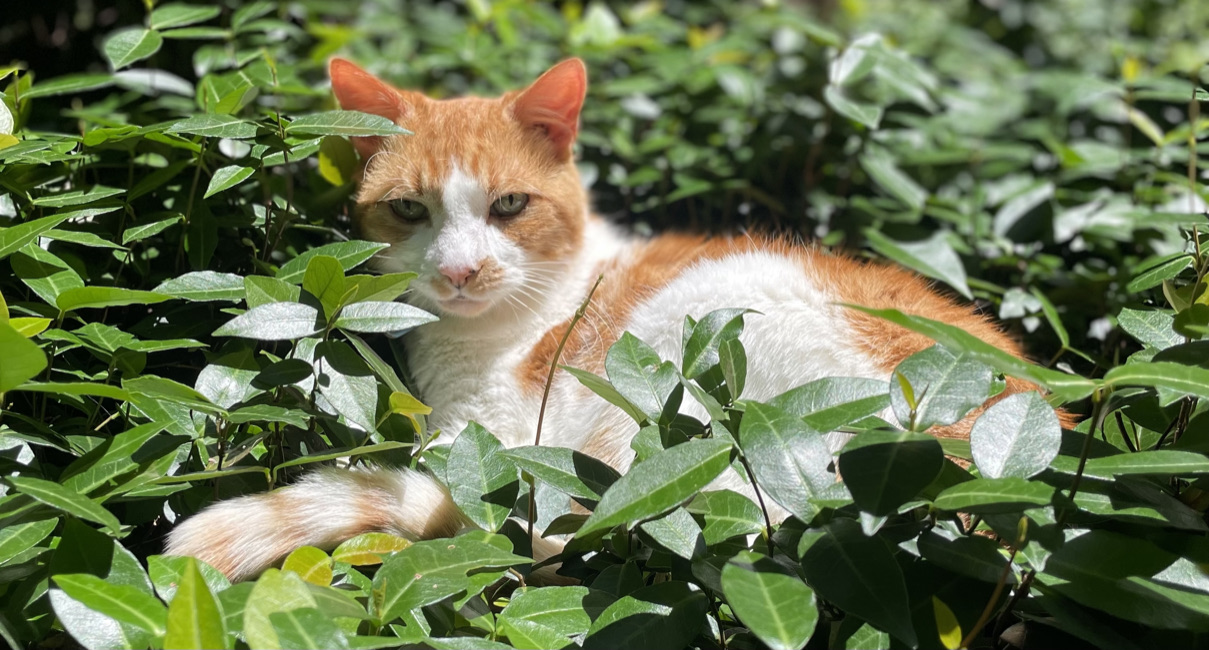
As cats get older, they are more likely to get various diseases, which can often be managed very successfully if diagnosed and treated appropriately. Old age is not a disease in itself, so if you notice your cat losing weight, drinking more, acting strangely or anything else out of the ordinary, it is important to seek veterinary advice. Having a thorough once over, as well as blood and urine testing, blood pressure check or anything else indicated from the physical exam can all help with increasing the length and quality of your cat’s life.
Our aim is to help make you cat’s twilight years as happy and comfortable as we possibly can!

Sometimes cats need to go on holidays too, like when their owners go away or move house. We have boarding facilities at Paddington Cat Hospital, where they have lots of care and attention. In order for us to be able to give this degree of care, however, we only have a very limited number of spaces, so it is important to book as soon as possible. Unfortunately, we are able to provide boarding for our clients only. The cats have a special boarding room with 2 windows to look out of, toys and scratching posts, plus there is an outside run for those who like a bit of sunshine and breeze.
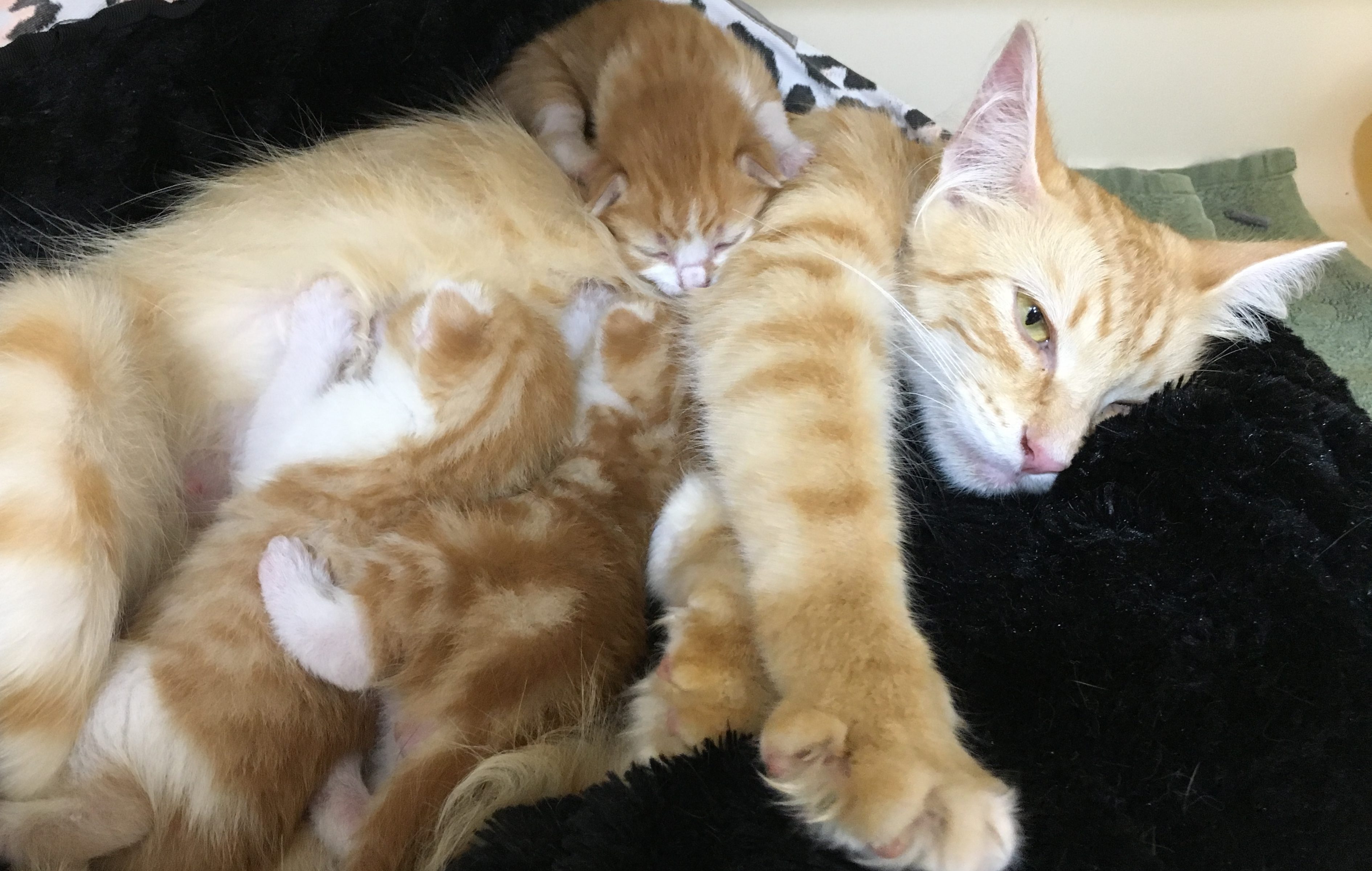
Most of our work in this area involves ensuring that cats aren’t able to have babies! Despite falling numbers of owned cats (that are better looked after than previously), there are still many unowned cats that are euthanased at welfare centres each year. Pregnant queens (female cats) very rarely have difficulty giving birth but sometimes caesarian section surgery is required. Of course, occasionally other female problems can occur (usually in undesexed queens).
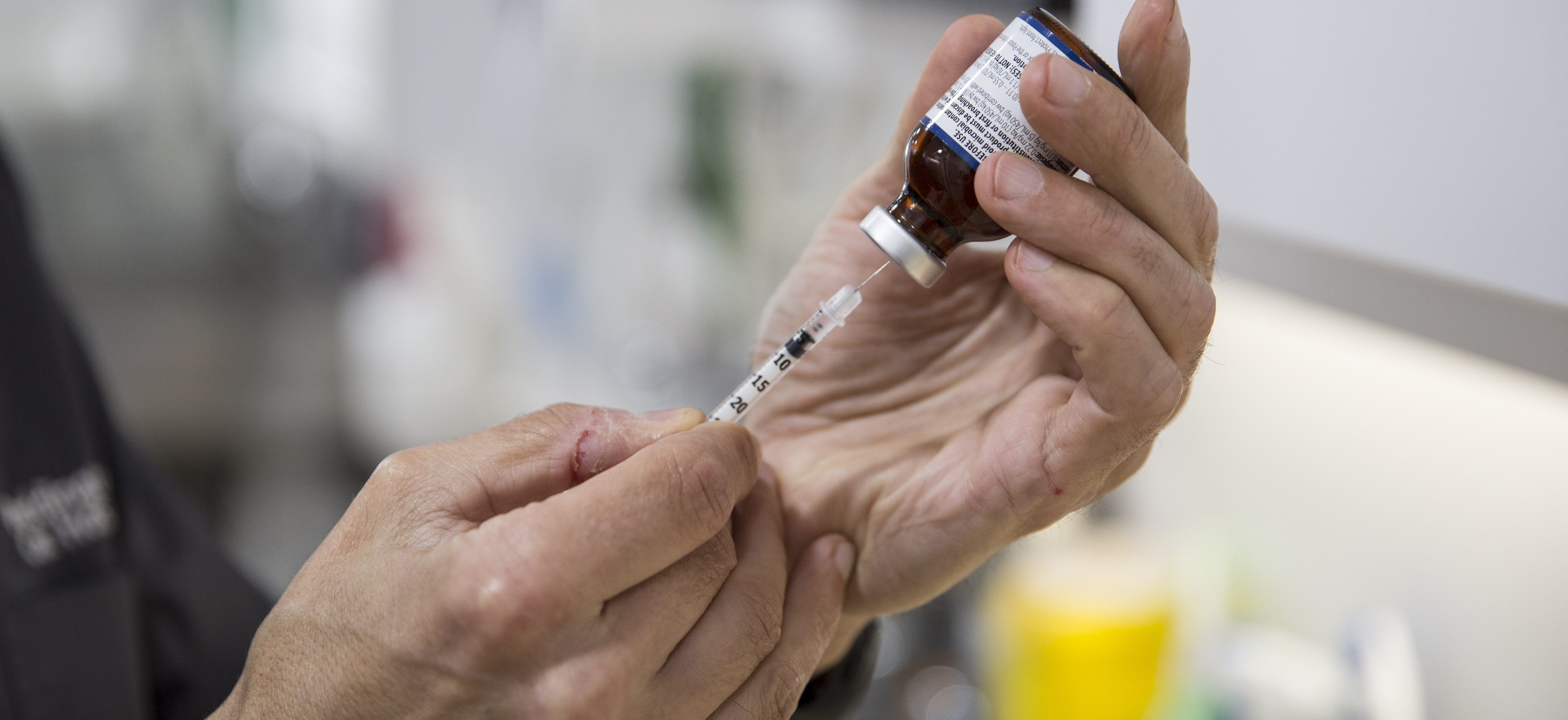
Oncology is the study and treatment of cancers. Cancers generally mean that the wrong sort of cell is growing in the wrong place. The technical term is ‘neoplasia’ which literally translates as ‘new growth’.
Neoplasia can be benign (does not grow into surrounding tissue or spread around the body) or malignant (can grow into surrounding tissue and/or spread around the body). Some of the most common sorts of cancers in cats are very treatable conditions. Many skin lumps and bumps can be cancers (benign or malignant). Hyperthyroidism is usually caused by a benign growth of the thyroid gland (in the neck) that causes too much thyroid hormone. This is one of the most treatable diseases of cats and there are several good treatment options. Lymph cell cancer (lymphoma) tends to be very common in cats and (depending on their location) can be very well controlled or even fully treated with chemotherapy.
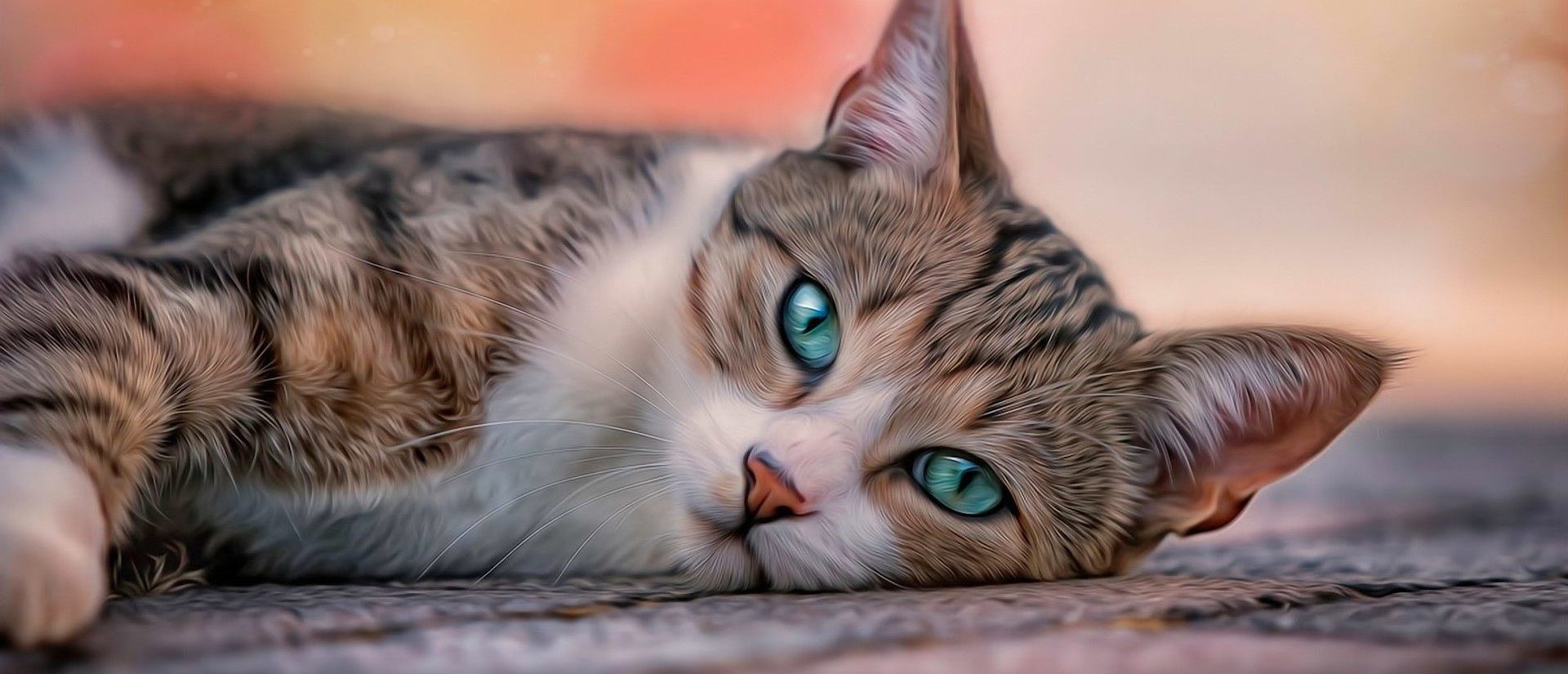
Eye problems occur not uncommonly in cats, often as result of a virus, and can be quite uncomfortable.
Straightforward eye problems can be managed during the consultation but any complicated or unusual eye issues are usually referred to a specialist ophthalmologist, as eyes are very sensitive and specialised.
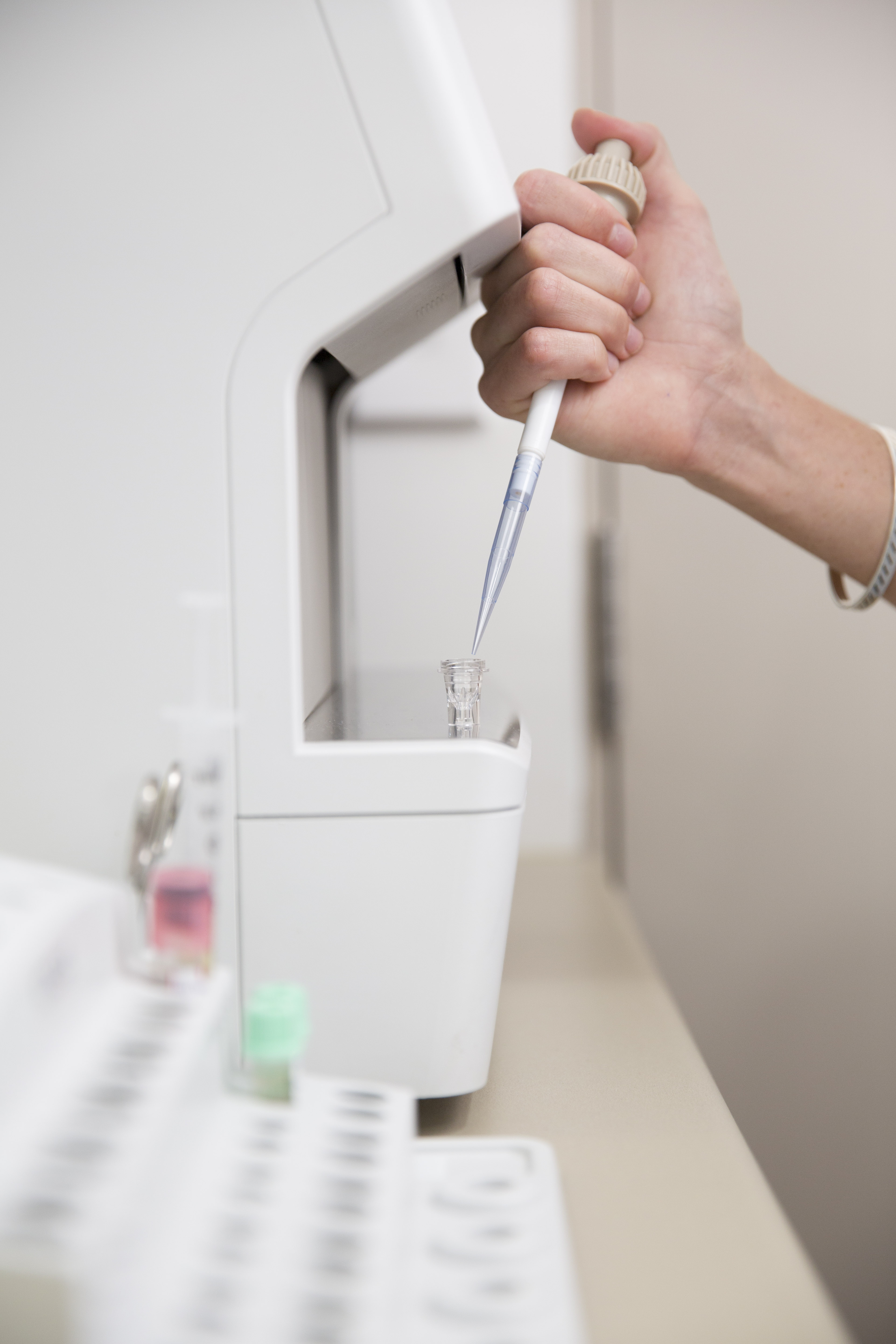
We often need to run blood and other pathology tests to assess health status or further look into a problem. We run many tests in the hospital, but some are sent to outside pathology labs.
Regular testing is recommended for both healthy and unwell cats, as this gives us the best basis for knowing when there is something wrong, and for helping to manage any issues to give your cat the best life possible.
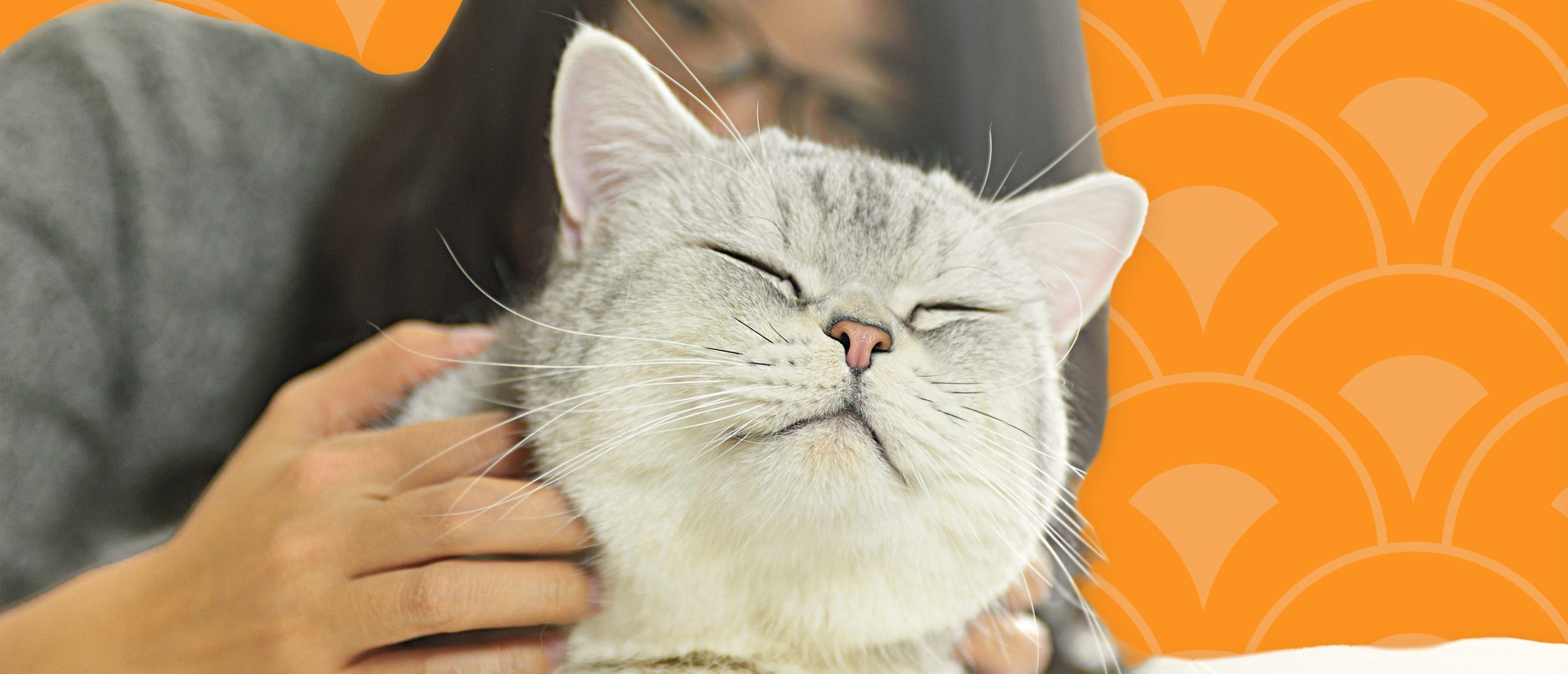
It is very important to us that the cats we look after and their carers are as happy and stress free as we can help them to be.
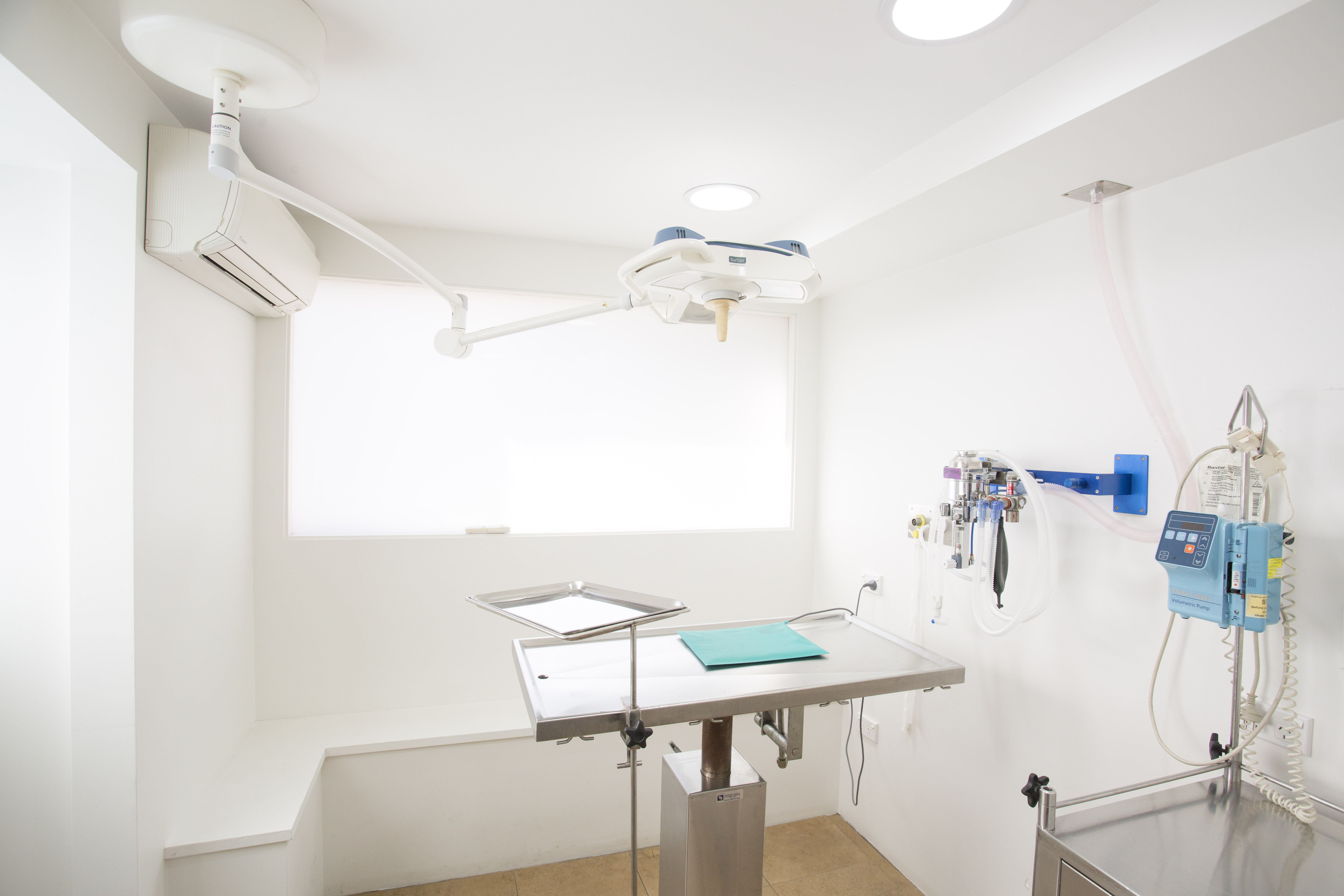
We perform surgery on a regular basis, including desexing operations, removal of masses and biopsy surgery.
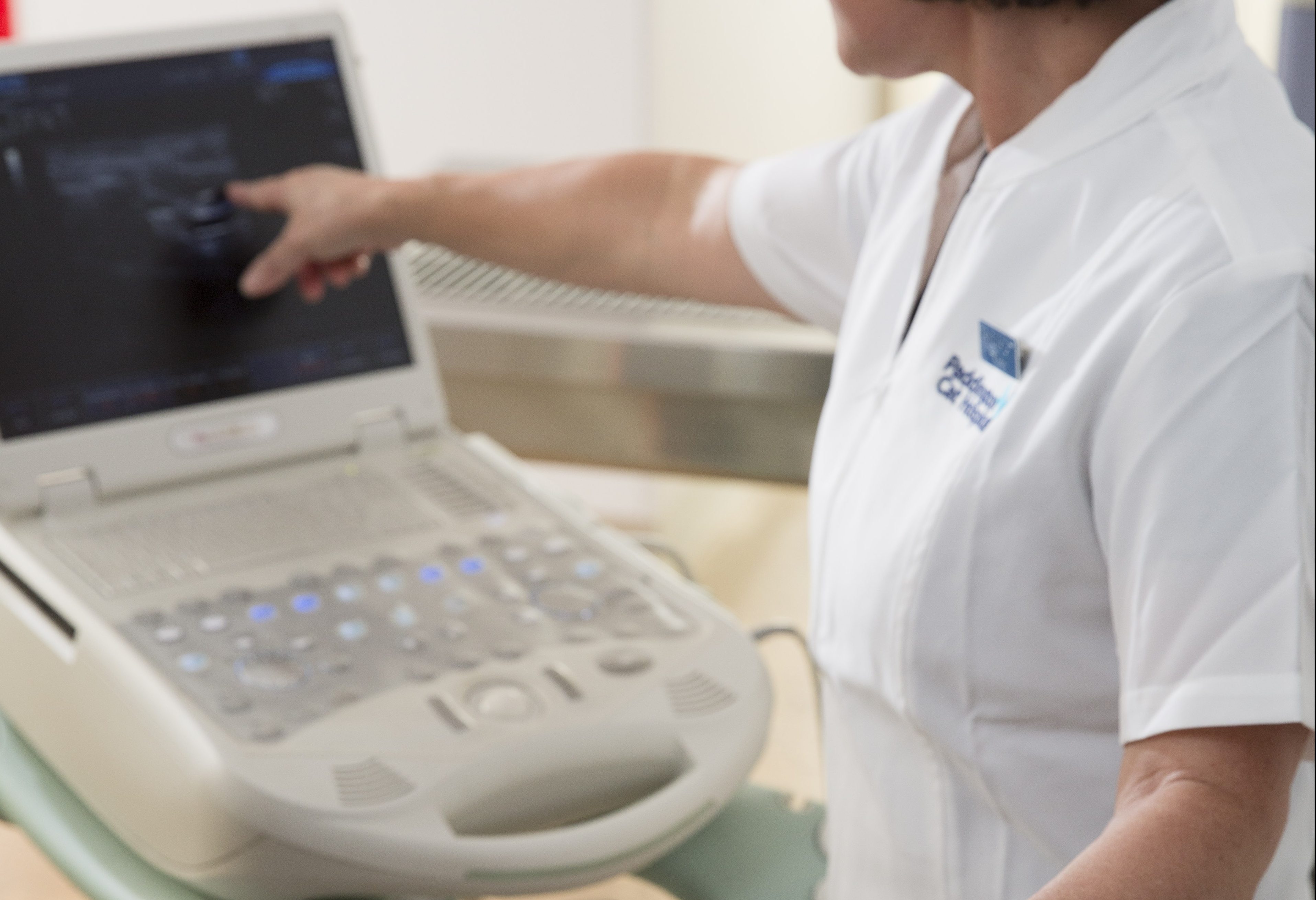
Ultrasonography is a useful imaging tool to further look into a number of potential problems, like weight loss, vomiting and heart murmurs. We do most of the ultrasounds ourselves but for anything more specialised we have access to a specialist who visits our hospital on a regular basis.